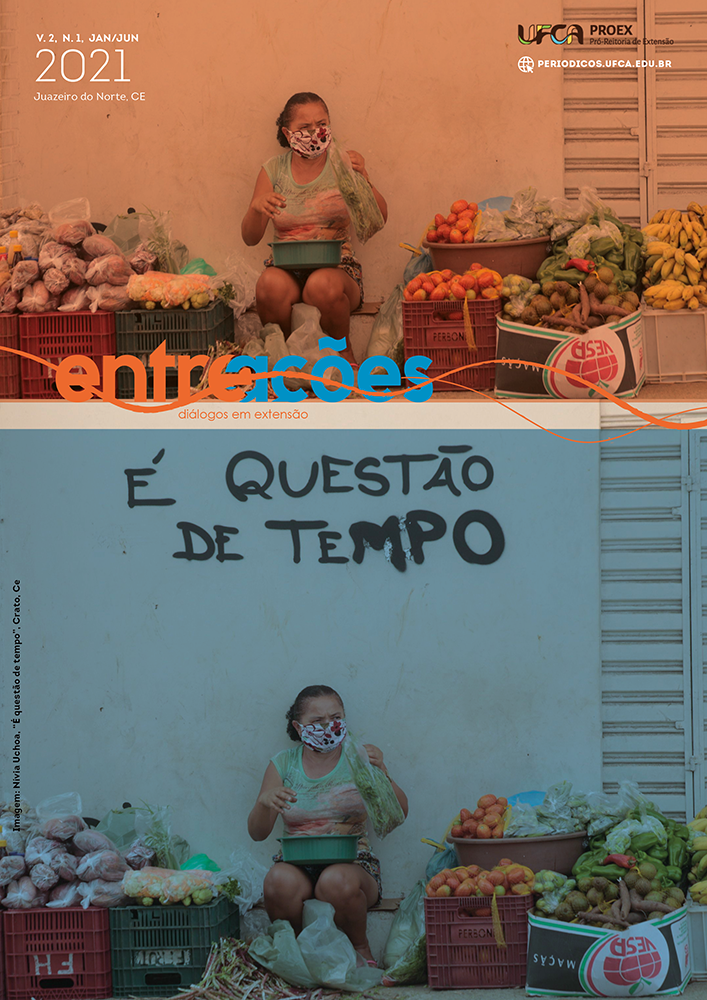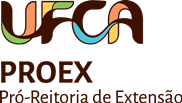O ensino da parasitologia à luz da educação remota
um relato de extensão
Resumo
A compreensão das relações parasito-hospedeiro, assim como dos mecanismos de transmissão das parasitoses, é essencial para o controle de doenças e intervenções na saúde pública, haja vista o papel importante que essas afecções desempenham no processo saúde-doença para a população. De maneira similar, as patologias causadas por parasitas também são amplamente abordadas em diversas questões do Exame Nacional de Ensino Médio (ENEM). Esse relato de experiência objetivou analisar a relevância do ensino da parasitologia para alunos do ensino médio da rede pública, como também avaliar o nível de satisfação e contribuição do projeto “A caminho do ENEM: UFCA na escola” referente às áreas estudantil e pessoal do participante. No decorrer das atividades do projeto, foram utilizados os programas Microsoft PowerPoint e a plataforma de transmissão Google Meet, onde foram ministradas aulas sobre quinze parasitoses. Ademais, foram utilizadas ferramentas como a plataforma de aprendizado Kahoot, mentorias e divulgação de materiais didáticos aos alunos. Somando-se a isso, com o fito de avaliar a relevância da temática abordada, foi elaborado e aplicado um questionário através da ferramenta Google Forms. O levantamento das perguntas resultou em uma contagem de 42 respostas as quais apontaram que 100% dos participantes consideram importantes os assuntos abordados, 64,3% não apresentavam conhecimento prévio dos temas, 95,2% dos estudantes consideraram como satisfatório os temas expostos e 100% dos estudantes consideram relevante a influência positiva na vida pessoal e estudantil que essas ações puderam proporcionar individualmente. Diante disso, torna-se exequível inferir a eficiência das ações no que tange ao desempenho dos estudantes nas provas, como à repercussão positiva em suas vidas pessoais.
Copyright (c) 2021 EntreAções: diálogos em extensão

This work is licensed under a Creative Commons Attribution-NoDerivatives 4.0 International License.
Autores que publicam nesta revista concordam com os seguintes termos:
- Autores mantém os direitos autorais e concedem à revista o direito de primeira publicação.
- Autores têm autorização para assumir contratos adicionais separadamente, para distribuição não-exclusiva da versão do trabalho publicada nesta revista (ex.: publicar como capítulo de livro), com reconhecimento de autoria e publicação inicial nesta revista.

















